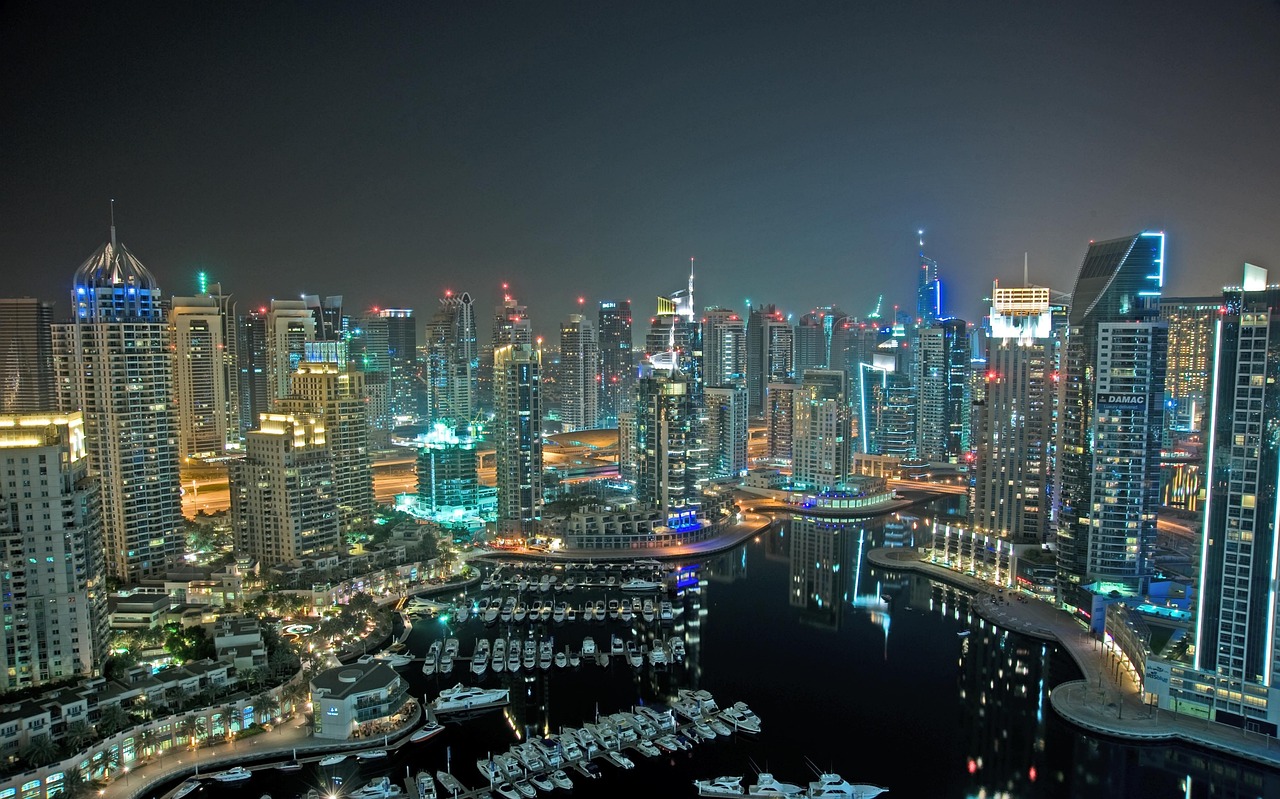Fitch Ratings, in a report released on Thursday, forecasted that Dubai’s real estate prices are expected to decline by more than 10% during the second half of 2025 and into 2026, following several years of record growth. This marks a sharp shift after a boom period that followed the COVID-19 pandemic. The agency attributed the anticipated drop to a significant increase in property deliveries in Dubai during 2025 and 2026—about 210,000 planned units, which is double the number delivered in the previous three years. This surge in supply is projected to drive prices down by up to 15%.
Main Points:
- Price Drop Expected: Dubai real estate prices may fall up to 15% in late 2025 and 2026 after a strong 60% rise since 2022, due to a big increase in new property supply.
- Oversupply Risk: With 210,000 new units planned, supply will outpace demand, pressuring prices and rents.
- Market Resilience: Prime properties and well-leveraged banks/developers are likely to handle the correction better.
- External Risks: Global economic uncertainty, falling oil prices, and cautious foreign investors could slow market growth.
The predicted decline by Fitch comes after residential property prices in Dubai soared by around 60% between 2022 and the first quarter of 2025. This rapid growth was fueled by heavy infrastructure spending, generous income tax policies, relaxed social restrictions, and new visa regulations, all of which attracted thousands of foreigners to Dubai post-pandemic, including many Russians amid the war in Ukraine. Real estate plays a vital role in Dubai’s economy, which is a major business and tourism hub in the Gulf region. According to Dubai government data, the value of real estate transactions reached 761 billion dirhams ($207.22 billion) last year.
Fitch also noted that both banks and homebuilders in the UAE are expected to withstand the anticipated price correction, thanks to improved leverage among developers and reduced real estate exposure in bank loan portfolios. The prime real estate segment is expected to remain more resilient during this correction, supported by a different investor profile with longer holding periods and higher tolerance for price fluctuations.
Dubai has previously experienced painful corrections in its real estate market, most notably the 2009 property price collapse, which necessitated a $20 billion bailout led by Abu Dhabi. Since then, the government has implemented measures to reduce debt levels and strengthen the sector, including supporting major state-owned developers. However, any severe price correction could have significant repercussions for sectors linked to real estate, such as construction, building materials, mortgage financing, banking, hospitality, rentals, and the labor market related to construction and real estate marketing.
According to real estate observers in Dubai, early warning signs of caution are emerging in the market. These include a slight slowdown in luxury property sales, longer periods for properties to remain on the market before selling, and the return of promotional offers such as interest-free installment plans. Nevertheless, there is still resistance to price drops in some upscale neighborhoods like Dubai Hills, Palm Jumeirah, and Downtown Dubai.
To enhance transparency and provide fair rental assessments, Dubai Land Department has launched the “Smart Rental Index” for 2025, aiming to stabilize the market and attract more investment. Additionally, a recent Bloomberg report noted that the wide-ranging tariff war initiated by U.S. President Donald Trump could threaten Dubai’s real estate market, adding another layer of uncertainty to the sector’s outlook.
Amid growing uncertainty affecting assets from India to China and the UK, there are concerns that wealthy foreign buyers, who have been a key support for Dubai’s real estate market, might start pulling back. New threats come as Dubai’s property price growth has already begun to slow in recent months, with prices rising by 16% last year compared to 20% the year before. This slowdown reflects buyer hesitation after prices surged about 70% over the past four years, according to global real estate consultancy Knight Frank, outpacing major cities worldwide. However, this strong boom now faces its biggest challenge since the COVID-19 pandemic, compounded by volatility in oil markets.
Dubai’s real estate market remains attractive due to its tax-free returns, strategic location, and investor-friendly policies, drawing diverse foreign investors including Indians, British, Chinese, Saudis, and Russians. Yet, the combination of global economic uncertainties and regional factors is creating a more cautious buying environment, potentially impacting future demand and price stability.
Analysts warn that risks of a broader slowdown in Dubai’s real estate market are increasing. Mohammed Ali Yasin, founder and CEO of Oracle Financial Consultancy and Investment, noted that falling oil prices could lead to fewer job opportunities for expatriates in the UAE, who have been key drivers of real estate demand. Additionally, Taimur Khan, head of research for the Middle East and Africa at JLL, highlighted that Dubai’s high level of international investment makes its property market vulnerable to global asset downturns. He expressed doubts about whether international investors, facing pressures in their home markets, will continue to invest in Dubai amid growing economic uncertainties.
Dubai’s real estate market has long been closely linked to oil prices, with property prices declining notably in 2014 and 2020 in line with oil price crashes. Between 2014 and 2020, home prices in Dubai fell by about 33% following the collapse in oil prices and the resulting drop in government revenues.
Housing affordability has become a significant concern in Dubai, where many residents face the choice of relocating to surrounding areas or allocating a larger portion of their salaries to rent. According to CBRE Group Inc., the average annual rent for a villa or family home reached 353,000 dirhams (approximately $96,100) in the year up to May 2025. Meanwhile, rents for mid-sized apartments rose by 22.2% to 127,000 dirhams during the same period (with the exchange rate at 3.6725 dirhams per dollar).
This dynamic illustrates how fluctuations in oil prices impact Dubai’s real estate market by influencing government spending, expatriate employment, and overall economic confidence, which in turn affect demand, property values, and rental costs.





